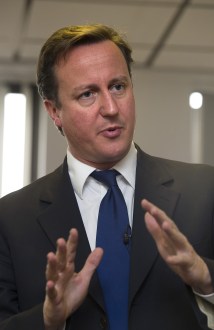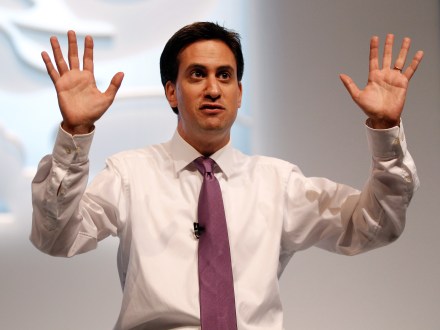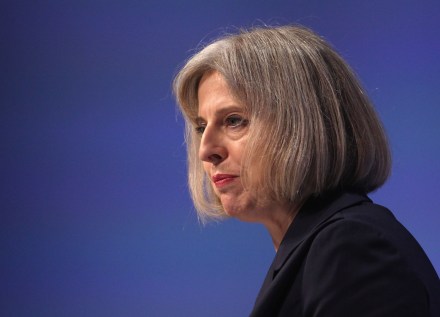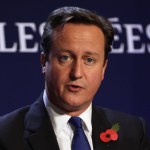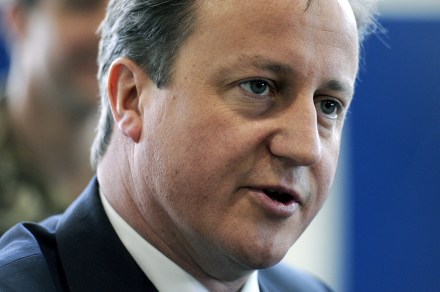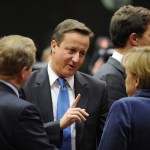Cameron’s growing attachment to schools reform
A change of pace, that’s what David Cameron offers in an article on schools reform for the Daily Telegraph this morning. A change of pace not just from the furious momentum of the eurozone crisis, but also in his government’s education policy. From now on, he suggests, reform will go quicker and further. Instead of just focussing on those schools that are failing outright, the coalition will extend its ire to those schools that ‘drift along tolerating second best’. Rather than just singling out inner city schools, Cameron will also cast his disapproval at ‘teachers in shire counties… satisfied with half of children getting five good GCSEs’. And rightly so,





